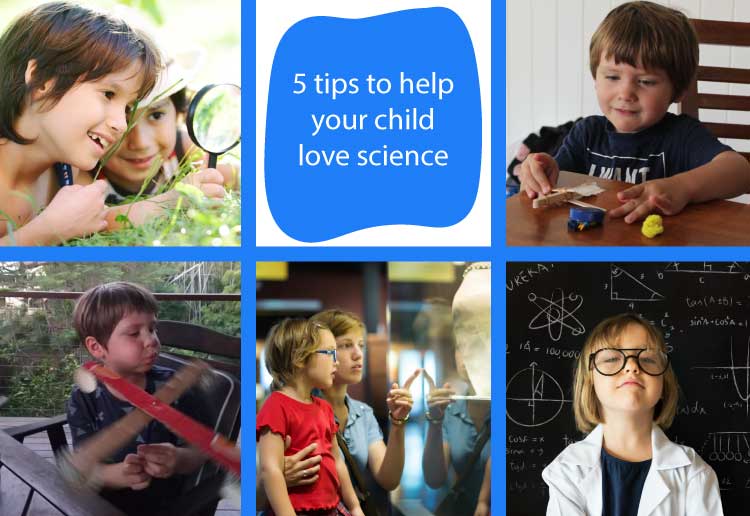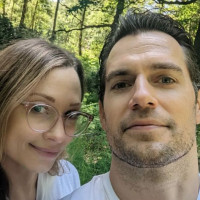Science. It’s absolutely everywhere, yet as kids, many of us struggled with the textbook way of teaching science. It just didn’t stick in our heads!
So when we now come to help our kids understand science, we’re immediately transported back to that science classroom where we sat there scratching our heads trying to remember what reacts with what, which elements sit where on the periodic table and how to best dissect a frog.
But science doesn’t have to be hard to understand, especially at the primary school level and…who knew…it can even be pretty fun.
We’ve put together our top 5 tips to help your child (and perhaps you too) to love and understand science.
Tip #1 – See the science in everything
Because science really is everywhere. Once kids understand that science is all around them, they’ll begin to understand that it isn’t just a subject at school, but a path to understanding the world they live in. Take advantage of their natural curiosity by asking questions to get them thinking:
- Why…is the grass longer in this sunny spot than in this shady spot of the yard?
- How…do dogs find their way around in the dark without bumping into things?
- What would happen if…we painted the roof of the house white instead of black?
You don’t have to know the answer to ask the question (exploring the possible answers if half the fun, and remember, Google is your friend!).
Tip #2 – Narrow it down
We all have a tendency to want to learn more about things that interest us. Science is a massive topic, so start by finding out which part of it interests your child more. It could be that they love farm animals (biology), or enjoy seeing what happens when they mix things together (chemistry). Or perhaps they love all things related to the weather (meteorology) or are fascinated with outer-space (astronomy). Once you’ve worked out a favourite area, move on to tip #3 and find some fun ways to explore the topic.
Tip #3 – Make it fun
Once you’ve narrowed down the first exciting science topic, make a list of ways you can explore it together. It could be by:
- Visiting a planetarium, museum or zoo,
- Going outside and collecting plants or observing animals in nature,
- Learning how to use a telescope to spot things in the night sky,
- Watching YouTube videos, movies or documentaries,
- Visiting the beach, a mountain, forest, lake or stream,
- Walking around the city looking at the buildings from an engineering perspective, or looking at a construction site.
Let your kid take the reins and explore by using all their senses to see, smell, listen, touch (and yes, if appropriate even taste) as they investigate their chosen topic.
Tip #4 – Talk the science talk
Look for cues from the news, movies or things you experience as conversation starters for a discussion around science. It could be that NASA is launching a new spacecraft, or a cyclone is forming, or a movie you watched is based around time travel or set in the future. Or start with something even closer to home such as:
- When cooking dinner talk about how food can be preserved in cans
- When walking to school notice how the leaves are changing colour on the trees
- When going to the beach talk about the waves and the tides.
As we mentioned earlier, you don’t need to know the answer to ask the question (because…Google…)!
Tip #5 – Learn by doing
If you haven’t noticed by now, all of these tips encourage a love of science by DOING science and thinking about it in a practical sense, rather than wading through books and notes. If you’ve followed tips 1-4, by now you’ll have a child that is jumping out of their skin to learn about all things science. Build on this by letting them loose with their own experiments. Online platforms such as Experimentary set out experiments and activities step by step:
- Watch the videos
- Collect the materials (all easy to find stuff around the home)
- Do the experiment and record your results
Before you know it, they’ll be makings slime, mixing acids with bases, engineering bridges and launching parachutes – all with bits and pieces lying around the house. But best of all they’ll develop a love of science that could lead to the most amazing places!
Experimentary is a subscription-based science experiment website run by Dr Rob Bell, previously of Channel Ten’s science show Scope. Sign up for a free trial at www.experimentary.com.au.





















11:07 am
7:16 am
6:37 am
9:30 am
8:08 am
9:17 pm
4:41 am
1:59 pm
9:35 am
4:41 am
12:07 pm
11:15 am
10:46 am
10:33 am
6:52 am
- 1
- 2
- »
Post a comment